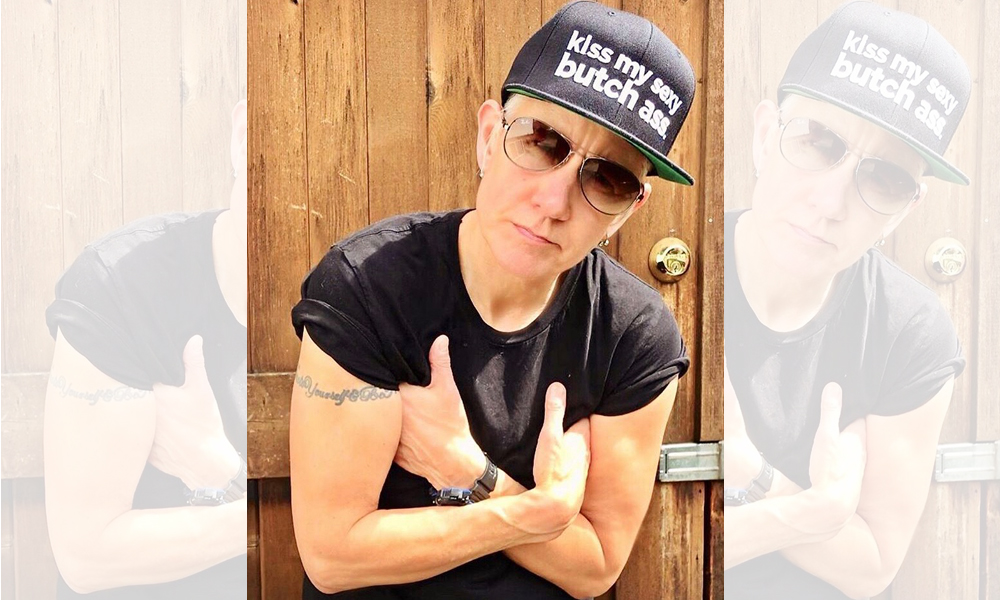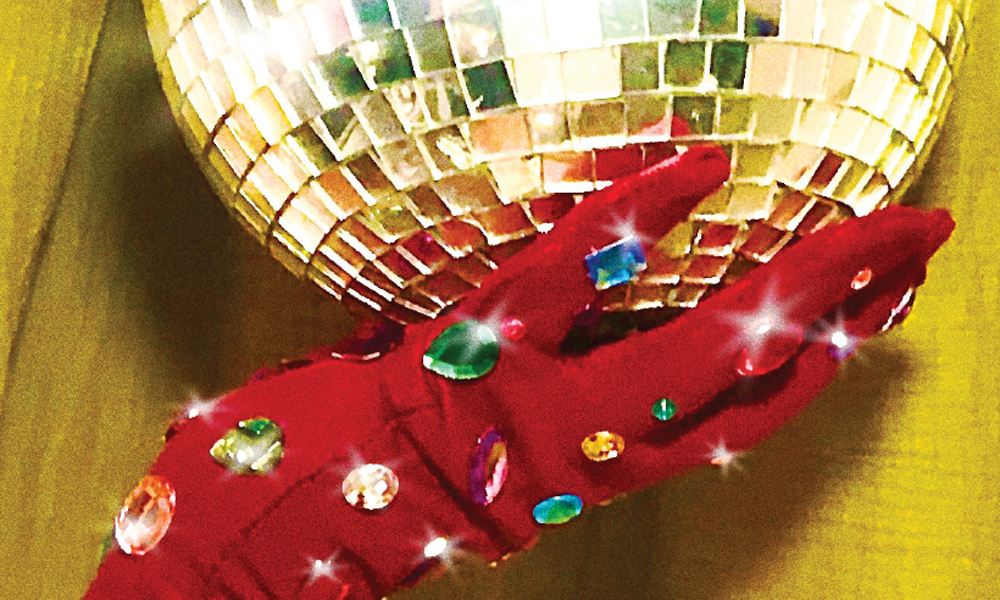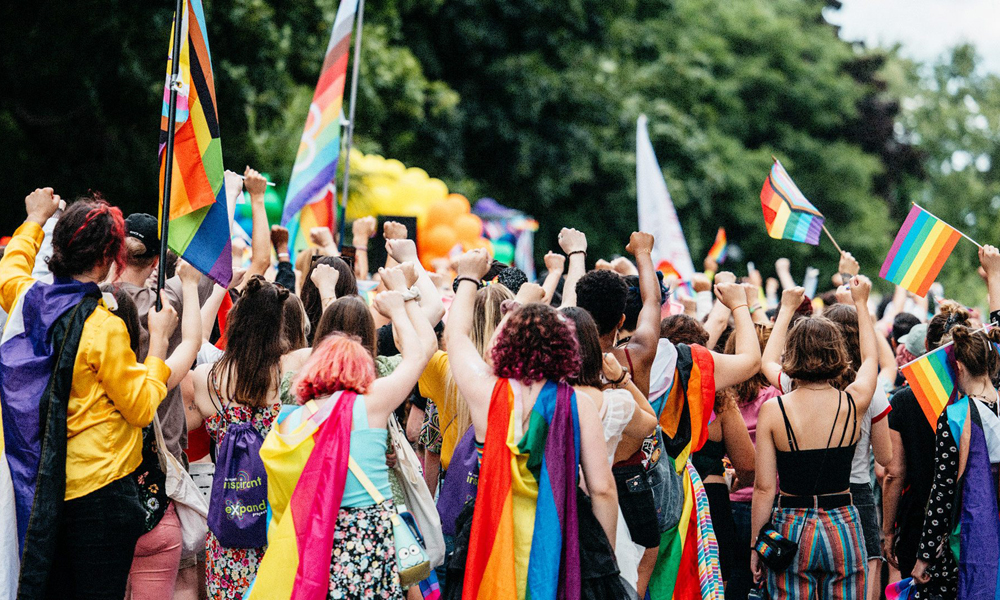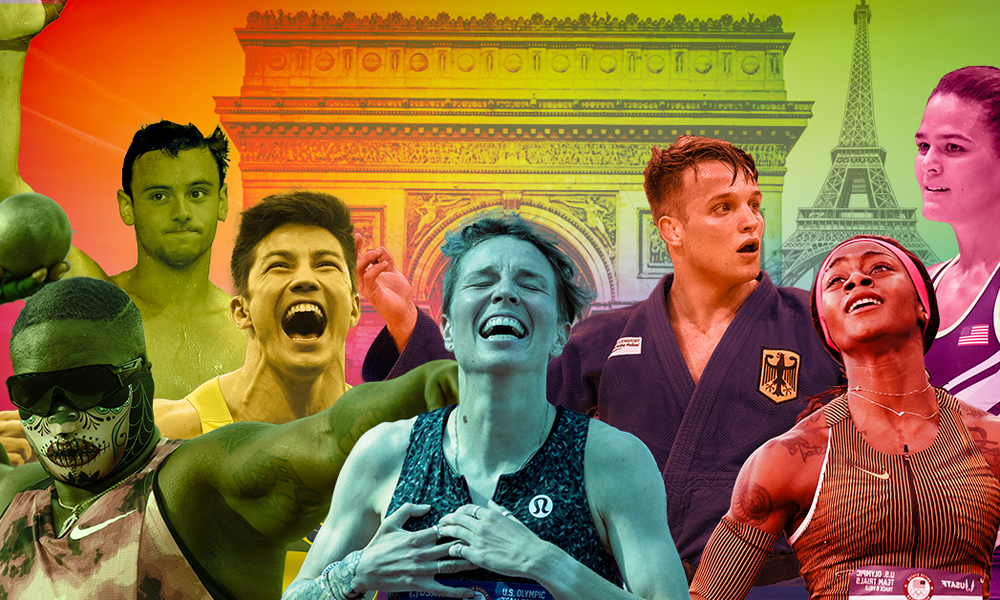There was definitely a time when claiming you were a butch lesbian was politically important – and fashionable…
By Shaley Howard
There was definitely a time when claiming you were a butch lesbian was politically important – and fashionable. You were the obvious gay woman. You were expressing your gender identity with pride, and intentionally pushing back against the extreme sexism in our culture. To be a butch lesbian defied and challenged a heteronormative and sexist culture that had clear gender binary constructs of masculine and feminine.
Back then, the dichotomy of butch/femme was normal within the queer community and a very important step in pushing societal boundaries. Simply by presenting oneself in an overtly masculine way in a culture where women were suppose to act and look “feminine,” was unusual and took courage.
So where are all the butches?
As a self-identified cis gendered butch lesbian who’s a bit older I’ve be fortunate enough to witness a lot of transformation. Not only in how heteronormative society has changed and embraced LGBTQ+ culture/people, but also how we as a community have expanded our awareness and definitions of gender identity and expression. Nowadays individuals can choose to describe themselves in ways that more accurately describe how they feel both inside and out, and may vary day to day. However, back in the 1980’s-90’s that was not the case. There were relatively no LGBTQ+ organizations. The first openly gay organization I discovered was in college called the ‘Gay Alliance’. Then lesbian was added renaming it the way more inclusive “Gay and Lesbian Alliance”. Today we have the more all-inclusive alphabet soup descriptor of LGBTTIQQ2SA.
The identity of ‘butch’ can be described in a multitude of ways. Simply put, a butch lesbian is generally someone whose gender expression and behavior is stereotypically more masculine, yet gender identity is female. Of course, this is an extremely simple and limited description. Butch identity can be complex and fluid. I’ve known many women who appear conventionally feminine yet are more ‘butch’ than I could ever be on the inside.
Butch lesbians historically have been a strong force in changing dynamics and helping to shift the boundaries of perceived gender and identity. Back then, gender identity was a simplistic and dualist paradigm. You were this, or you were that. You were a man or you were a woman. By default butches lived, and still live, in the in-between, embracing both masculine and feminine, whether intentional or not. This ambiguous, in-between place of butch was and still is confusing to many and the ultimate threat to a patriarchal, heteronormative society. To their credit, in many ways, butches forced our culture to examine its sexist and homophobic attitudes and beliefs.
Homophobia back in the 1980’s-90’s was commonplace. Transphobia was not as prevalent and overt simply because our trans community was almost completely ignored. One method to combat the homophobic challenge of being openly gay, and especially butch, in those days was to exclude the heterosexual world inside our gay safe umbrella. Heterosexual men especially were seen as the ‘enemy’. If we were unsafe in larger society, then we would make our own, welcoming society, off limits to ‘those men’. There was, and to a certain degree still is, a feeling of betrayal if anyone outside tries to enter and disrupt our world. I’m certain many bisexuals especially remember how hard it was to be accepted in the lesbian community back then, possibly even today. If you were bisexual, common thinking was that you could easily go back to our archenemy – straight men, therefore you were outsider. Persona non grata for all intents and purposes.
Perhaps it’s true that there aren’t as many visible self-identifying butch lesbians around nowadays. But instead of focusing on ‘Where are all the Butches?’ maybe we should look at why it’s so challenging to let go of the notion that gender expression and identity needs to be limited to a butch/femme and male/female dichotomy. Why is it so intimidating to venture into the realm of non-binary? And ironically, why is anything outside of the man-made heteronormative construct of binary identity considered a threat within the LGBTQ+ community? Whether they admit it or not, many within our community believe that allowing and adopting more gender fluidity and non-binary ideology into our community, it will somehow weaken the foundation of who we supposedly are. These are fear-based ideologies that should be reexamined.
I’ve heard many within our community blame – yes blame – the ever-decreasing number of butches on the fact that so many would-be butches have transitioned. That the “lack” of butches are due to so many butches transitioning and hence “watering down” our lesbian community. Are you fucking kidding me? Throwing around the idea that transgender people are diluting the strength and foundation of being a butch lesbian, by supposedly buying into the heteronormative stereotype of “becoming men”, joining the patriarch and abandoning the butch community, is a very dangerous and erroneous idea. Being transgender is not a choice and/or a phase. This lack of acceptance and feeling of being betrayed by transgender people – especially FTM in the ‘where’s the butch’ conversation – is based solely out of fear. It’s an irrational and emotional response derived from past, out-of-date circumstances that are directed toward individuals who are and have always been a part of our community.
I’ve spoken to numerous friends who have transitioned and I’m appalled at how they’ve been treated. Many who have transitioned FTM shared that their lesbian ‘friends’ no longer consider them part of the community because they now identify as men. One friend even considered shaving off his beard so the lesbian community would accept him again. A beard that he was head-over-heels with excitement about when it started coming in.
So I ask myself, what is going on? Are we that caught up in the idea that being queer today is still some sort of dichotomous, binary construct? Are we that insecure thinking the butch population is decreasing so feel we need to find blame instead of accepting and embracing progress and change? We’ve fought tirelessly for equality and acceptance in this heteronormative culture yet when diversity and change blossoms within our own community, we apply the same restrictions, discrimination and ignorance we’ve experienced all our lives.
I cannot imagine the challenges my transgender brothers, sisters and non-binary family have had to face in such new and unchartered territories of self-discovery. What they endure physically, emotionally and psychologically in a heteronormative culture that is overwhelmingly intolerant of transgender people. Think back on the struggles faced just deciding to come out of the closet as lesbian, gay or bi. Think of the pain of not being accepted by friends, family and coworkers. Remember the isolation and loneliness of not having or being able to find community. Given our journey and history of oppression, it strikes me that we should be the ones embracing and defending everyone who is a part of the LGBTQ+ community – not blaming, pointing fingers, and causing derision.
I love and embrace who I am as a cis gender, butch lesbian. But I struggle with this hype over where all the butches have gone? Nowhere. Butch lesbians are still here. Moreover, even if the identity of butch isn’t as central or popular as it used to be, it takes absolutely nothing away from my butch identity if my community around me decides to identify differently. Embracing the enormous progress we as a community have made over the years in expanding our awareness and ability to embrace gender fluidity seems much more important than concerning ourselves with where any particular identity has gone.
In asking the question, “Where have all the butches gone?” we are clinging to a past that was important for us at that time, but also brutally restrictive in many ways. Instead of assuming we’ve “lost” something in the identity of “butch” maybe it’s ultimately something we gained. People now have more choice to identify anyway they want and in ways that feel authentic to them, not in what the outside world wants them to be. There really is room for everyone. Maybe we should be asking ourselves different questions all together like, “Are we supporting diversity within our own queer community? And if not, how can we?” Or maybe the bigger question of, “If there truly are fewer self-identifying cis gender butch lesbians around, why does that frighten me?”
SHALEY HOWARD is an award winning LGBTQ+ activist in Portland Oregon. She writes a blog, Adventures of a Butch Dog Walker and runs a pet care business called Scratch N’ Sniff that she absolutely loves!






Karen / 31 January 2021
Butch or Femme lesbian is no longer an identity but is a bygone stage extinct like the dinosaur. the richness history and meaning of butch femme eroticism is gone with it. Power dynamics explored in those identities have been replaced with the gender normalization vis a vis cis trans or “a” gendering
Janie / 24 September 2020
Why should lesbians accept trans men into the community? They’re men, why should lesbians accept men into their community? And stop calling butch/femme heteronormative, I have no problem with people id’ing how they want but lesbian identities will never be heteronormative. Can we stop acting like people who id as butch/femme are inherently oppressive?